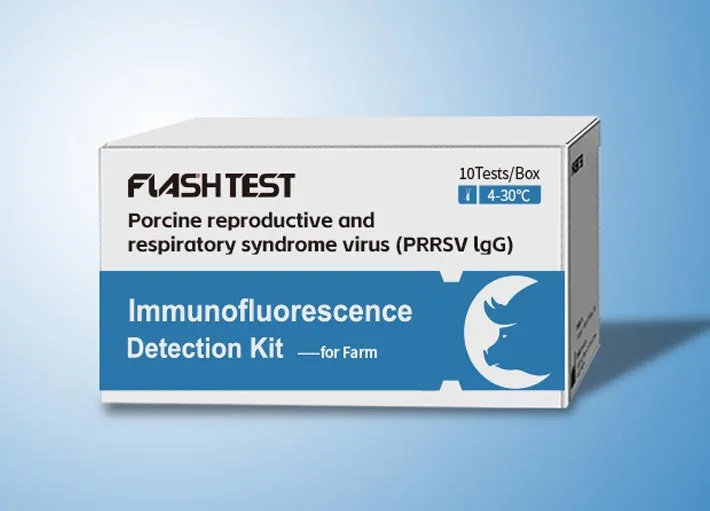When it comes to taking care of our beloved feline companions, it is essential to prioritize their health and well-being. Regular vet visits play a significant role in maintaining a cat's overall health and can help catch any potential issues before they become serious problems. One such crucial aspect of feline healthcare is testing for feline herpes, a common viral infection that affects cats worldwide. In this blog post, we will discuss the importance of feline herpes tests and the benefits of integrating them into routine vet visits.
Understanding Feline Herpes
Feline herpes, also known as feline viral rhinotracheitis (FVR), is a highly contagious viral infection that affects cats of all ages. It is caused by the feline herpesvirus-1 (FHV-1) and primarily affects the respiratory system. Symptoms include sneezing, nasal discharge, conjunctivitis, fever, and loss of appetite. While feline herpes is rarely life-threatening, it can lead to severe complications, especially in kittens or cats with compromised immune systems. Early detection through regular testing is crucial in managing the infection effectively.
The Importance of Routine Herpes Testing
Including feline herpes test as part of routine vet visits is essential for several reasons. Firstly, it helps identify infected cats promptly, allowing for immediate treatment and preventing the potential spread of the virus to other feline companions. Secondly, early detection and treatment can prevent or minimize the severity of secondary complications associated with feline herpes, such as respiratory infections and eye problems. Thirdly, routine testing helps monitor the cat's overall health and provides an opportunity to address any underlying issues that may contribute to a weakened immune system.
Benefits of Routine Herpes Testing
By integrating feline herpes tests into routine vet visits, cat owners can reap several benefits. Firstly, it offers peace of mind, knowing that their cats are being regularly screened for potential health concerns. Regular testing ensures that any signs of feline herpes can be caught early, enabling prompt treatment and management. Additionally, routine herpes testing can help create a baseline for the cat's health, making it easier to identify any changes or abnormalities in future visits. This proactive approach ultimately leads to better overall health outcomes for our feline friends.
Making Herpes Testing a Part of Vet Visits
To ensure that feline herpes testing becomes a routine part of vet visits, it is important for cat owners to communicate and collaborate with their veterinarians. During each visit, discuss the importance of herpes testing and inquire about adding it to their cat's health checkup. Veterinarians can educate cat owners about the significance of FVR testing and outline the testing procedure, including the collection of nasal or ocular swabs, blood tests, or PCR-based diagnostics. They can also help address any concerns or questions regarding the testing process, making it more accessible and approachable for cat owners.
Ultimately, integrating feline herpes tests into routine vet visits is a proactive approach to ensuring the well-being of our feline companions. By detecting the infection early and providing prompt treatment, we can minimize its impact on our cats' health and prevent the spread to other household pets. Regular herpes testing not only offers peace of mind but also contributes to a healthier and happier life for our furry friends. So, let's prioritize feline herpes tests during routine vet visits and give our cats the best chance at a long and healthy life.
Related Animal Lab Test Products
Related News About Pet Lab Testing Kits
-
-
- Dry Chemistry Analyzer
- Compact Fully Automated Immunofluorescence Analyzer
- Economical Immunofluorescence Analyzer
- Handheld Immunofluorescence Quantitative Analyzer
- High-Speed Fully Automated Immunofluorescence Analyzer
- Semi-Automated Immunofluorescence Analyzer
- Immunofluorescence Analyzer + Incubator
- Handheld Immunofluorescence Quantitative Analyzer


![[4033]Canine Brucella Ab (Bru Ab) [4033]Canine Brucella Ab (Bru Ab)](/uploads/image/20250112/13/Canine-Brucella-Ab-Bru-Ab-Rapid-Test-Kit.webp)
![[2019]Canine distemper antigen (CDV Ag) [2019]Canine distemper antigen (CDV Ag)](/uploads/image/20250112/12/Canine-distemper-antigen-CDV-Ag-Test-Kit.webp)
